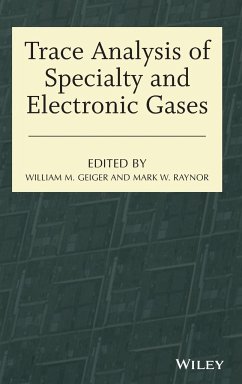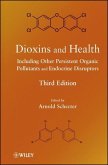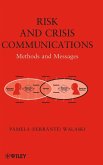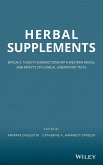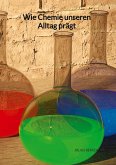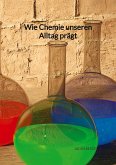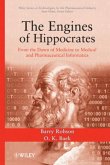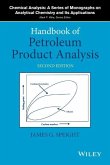This book provides analytical and industrial chemists with up-to-date coverage of the advances in measurement technology in gas analysis. It covers the introduction, theory, and operating principles of a wide range of instrumental techniques used in specialty gas analysis, including ICP-MS Analysis, FTIR techniques, new online sensor technologies, moisture analysis, gas chromatographic considerations, and gas mixtures and standards. The book also provides measurement strategies for gases in which none currently exist. Finally the book covers a wide range of practical applications of gas analysis including advantages, problems, and pitfalls.
Explores the latest advances and applications of specialty and electronic gas analysis
The semiconductor industry depends upon a broad range of instrumental techniques in order to detect and analyze impurities that may be present in specialty and electronic gases, including permanent gases, water vapor, reaction by-products, and metal species. Trace Analysis of Specialty and Electronic Gases draws together all the latest advances in analytical chemistry, providing researchers with both the theory and the operating principles of the full spectrum of instrumental techniques available for specialty and electronic gas analysis. Moreover, the book details the advantages and disadvantages of each technique, steering readers away from common pitfalls.
Featuring contributions from leading analytical and industrial chemists, Trace Analysis of Specialty and Electronic Gases covers a wide range of practical industrial applications. The book begins with the historical development of gas analysis and then focuses on particular subjects or techniques such as:
Metals sampling and ICP-MS analysis
Improvements in FTIR spectroscopy
Water vapor analysis techniques
New infrared laser absorption spectroscopy approaches
GC/MS, GC/AED, and GC-ICP-MS techniques
Gas chromatography columns
Atmospheric pressure ionization mass spectrometry
Lastly, the book examines gas mixtures and standards that are critical for instrument calibration. There are also two appendices offering information on fittings and material compatibility.
With its thorough review of the literature and step-by-step guidance, Trace Analysis of Specialty and Electronic Gases enables researchers to take full advantage of the latest advances in gas analysis. Although the book's focus is the semiconductor and electronics industry, analytical chemists in other industries facing challenges with such issues as detection selectivity and sensitivity, matrix gas interference, and materials compatibility will also discover plenty of useful analytical approaches and techniques.
Explores the latest advances and applications of specialty and electronic gas analysis
The semiconductor industry depends upon a broad range of instrumental techniques in order to detect and analyze impurities that may be present in specialty and electronic gases, including permanent gases, water vapor, reaction by-products, and metal species. Trace Analysis of Specialty and Electronic Gases draws together all the latest advances in analytical chemistry, providing researchers with both the theory and the operating principles of the full spectrum of instrumental techniques available for specialty and electronic gas analysis. Moreover, the book details the advantages and disadvantages of each technique, steering readers away from common pitfalls.
Featuring contributions from leading analytical and industrial chemists, Trace Analysis of Specialty and Electronic Gases covers a wide range of practical industrial applications. The book begins with the historical development of gas analysis and then focuses on particular subjects or techniques such as:
Metals sampling and ICP-MS analysis
Improvements in FTIR spectroscopy
Water vapor analysis techniques
New infrared laser absorption spectroscopy approaches
GC/MS, GC/AED, and GC-ICP-MS techniques
Gas chromatography columns
Atmospheric pressure ionization mass spectrometry
Lastly, the book examines gas mixtures and standards that are critical for instrument calibration. There are also two appendices offering information on fittings and material compatibility.
With its thorough review of the literature and step-by-step guidance, Trace Analysis of Specialty and Electronic Gases enables researchers to take full advantage of the latest advances in gas analysis. Although the book's focus is the semiconductor and electronics industry, analytical chemists in other industries facing challenges with such issues as detection selectivity and sensitivity, matrix gas interference, and materials compatibility will also discover plenty of useful analytical approaches and techniques.

